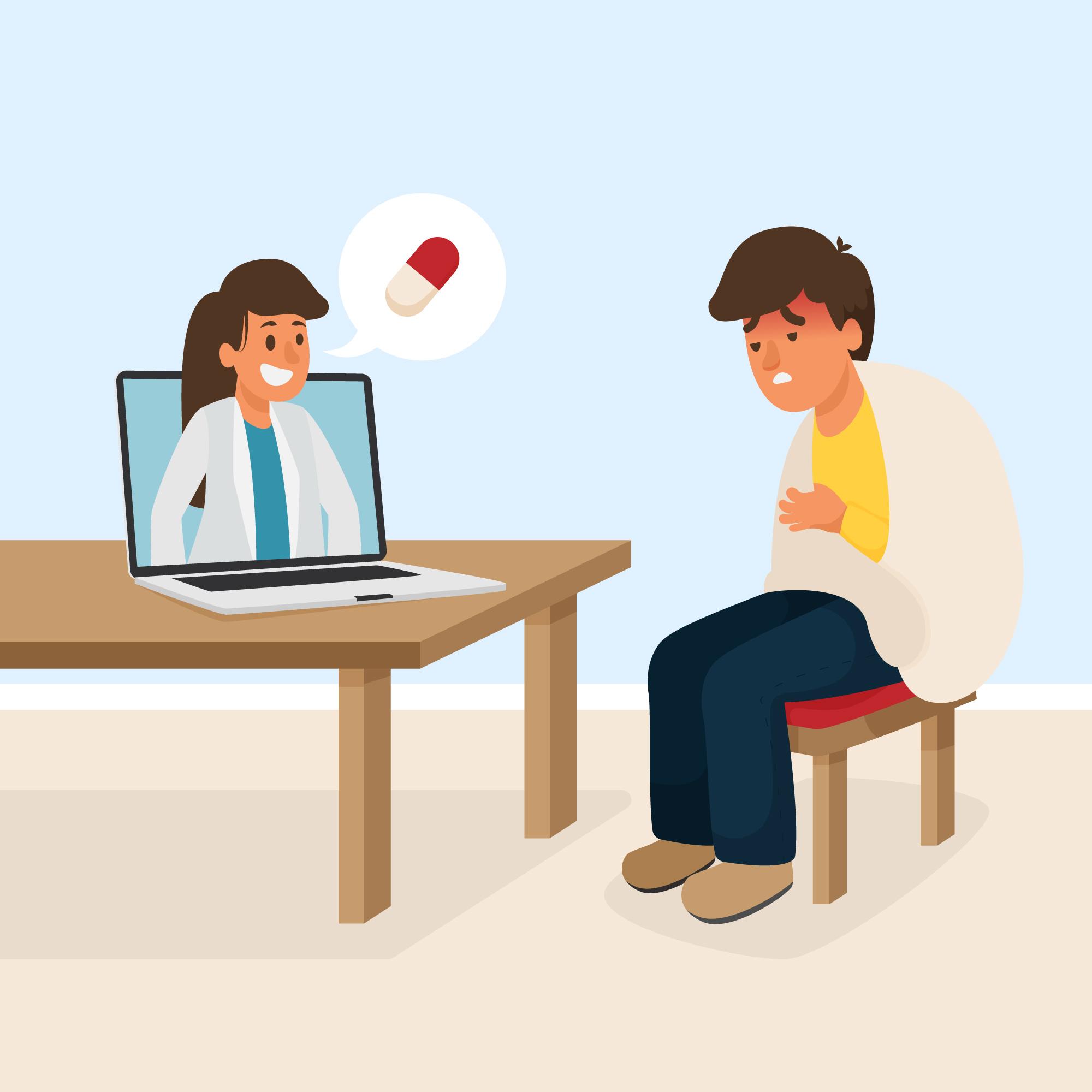Stomach ulcers, also known as peptic ulcers, might sound daunting, but the good news is they are not a permanent condition. With proper treatment, most stomach ulcers heal completely within a few months. However, understanding the causes and how to manage them is crucial to prevent recurrence. you should try ranitidine 150 mg
Understanding Stomach Ulcers:
Imagine the lining of your stomach as a protective barrier against the powerful digestive juices it produces. These juices break down food for absorption, but sometimes, the barrier weakens, allowing the digestive juices to irritate and erode the stomach lining, creating a painful sore – a stomach ulcer. you should try buy ranitidine
The Culprits Behind Stomach Ulcers:
-
H. pylori Infection: The most common culprit is the bacterium Helicobacter pylori (H. pylori). This hardy bacteria can live comfortably in the harsh stomach environment and weakens the protective mucus lining, making the stomach vulnerable to digestive juices.
-
Nonsteroidal Anti-Inflammatory Drugs (NSAIDs): These pain relievers, like ibuprofen and aspirin, can irritate the stomach lining, increasing the risk of ulcers, especially with prolonged use.
-
Zollinger-Ellison Syndrome (ZES): This rare condition causes the body to produce excessive stomach acid, significantly increasing the risk of ulcers.
-
Other Factors: Certain lifestyle habits, like smoking, excessive alcohol consumption, and stress, can contribute to ulcer development.
Signs and Symptoms:
Stomach ulcers don’t always present with burning or gnawing pain in the upper abdomen, although that’s a common symptom. Here are some other signs to watch out for:
- Feeling of heartburn or indigestion
- Nausea or vomiting
- Loss of appetite
- Feeling bloated after eating
- Dark, bloody stools
The Road to Healing:
The good news is, with proper diagnosis and treatment, most stomach ulcers heal completely. Here’s what you can expect:
-
Treating H. pylori Infection: If your ulcer is caused by H. pylori, your doctor will prescribe a combination of antibiotics to eradicate the bacteria.
-
Proton Pump Inhibitors (PPIs): These medications reduce stomach acid production, allowing the ulcer to heal.
-
Lifestyle Modifications: Your doctor might recommend changes like quitting smoking, limiting alcohol, managing stress, and adopting a bland diet to reduce stomach irritation.
Preventing Recurrence:
Once your ulcer heals, your doctor will discuss strategies to prevent future occurrences. Here are some key points:
-
Continue Treatment: Don’t stop taking medication just because you feel better. Complete the prescribed course to ensure complete healing and lower the risk of relapse.
-
Manage H. pylori: If you had H. pylori infection, confirm its eradication through follow-up testing.
-
Limit NSAIDs: Discuss alternative pain relievers with your doctor if you need them regularly.
-
Embrace a Healthy Lifestyle: Maintain a balanced diet, manage stress, quit smoking, and limit alcohol to promote a healthy digestive system.
Living with a Healed Stomach Ulcer:
With proper treatment and lifestyle changes, most people can live comfortably and ulcer-free after healing. However, regular checkups with your doctor are crucial to monitor for any potential recurrence.
Living with an Ulcer Diagnosis Shouldn’t Be a Burden:
Remember, stomach ulcers are treatable. By working with your doctor and adopting healthy habits, you can achieve lasting healing and prevent future problems. Don’t hesitate to ask questions and discuss any concerns you might have with your healthcare provider.
Less Common Causes of Stomach Ulcers:
-
Certain medical conditions: Zollinger-Ellison syndrome (ZES), as mentioned earlier, is a rare condition that can cause ulcers. Other conditions like Crohn’s disease and some types of cancer can also increase the risk.
-
Radiation therapy: Radiation treatment to the abdomen can damage the stomach lining, increasing the risk of ulcers.
-
Certain medications: Some medications, like corticosteroids and some chemotherapy drugs, can irritate the stomach lining and contribute to ulcer formation.
Diagnostic Tests:
While symptoms can provide clues, doctors often use tests to confirm the presence and cause of an ulcer. These may include:
-
Upper endoscopy: A thin, flexible tube with a camera is inserted through the mouth to examine the esophagus, stomach, and duodenum (first part of the small intestine).
-
Barium swallow: A special X-ray is taken after drinking a barium solution that coats the digestive tract, allowing visualization of ulcers.
-
Stool test: This test can help detect the presence of H. pylori bacteria in the stool.
Dietary Tips for Healing and Prevention:
- Eat smaller, more frequent meals: This reduces the workload on the stomach and minimizes acid production.
- Choose bland foods: Opt for easily digestible foods like mashed potatoes, yogurt, and cooked vegetables.
- Limit spicy, acidic, and greasy foods: These can irritate the stomach lining and worsen symptoms.
- Reduce caffeine and alcohol: These can increase stomach acid production and slow ulcer healing.
- Stay hydrated: Drinking plenty of water helps dilute stomach acid and promotes overall digestive health.

